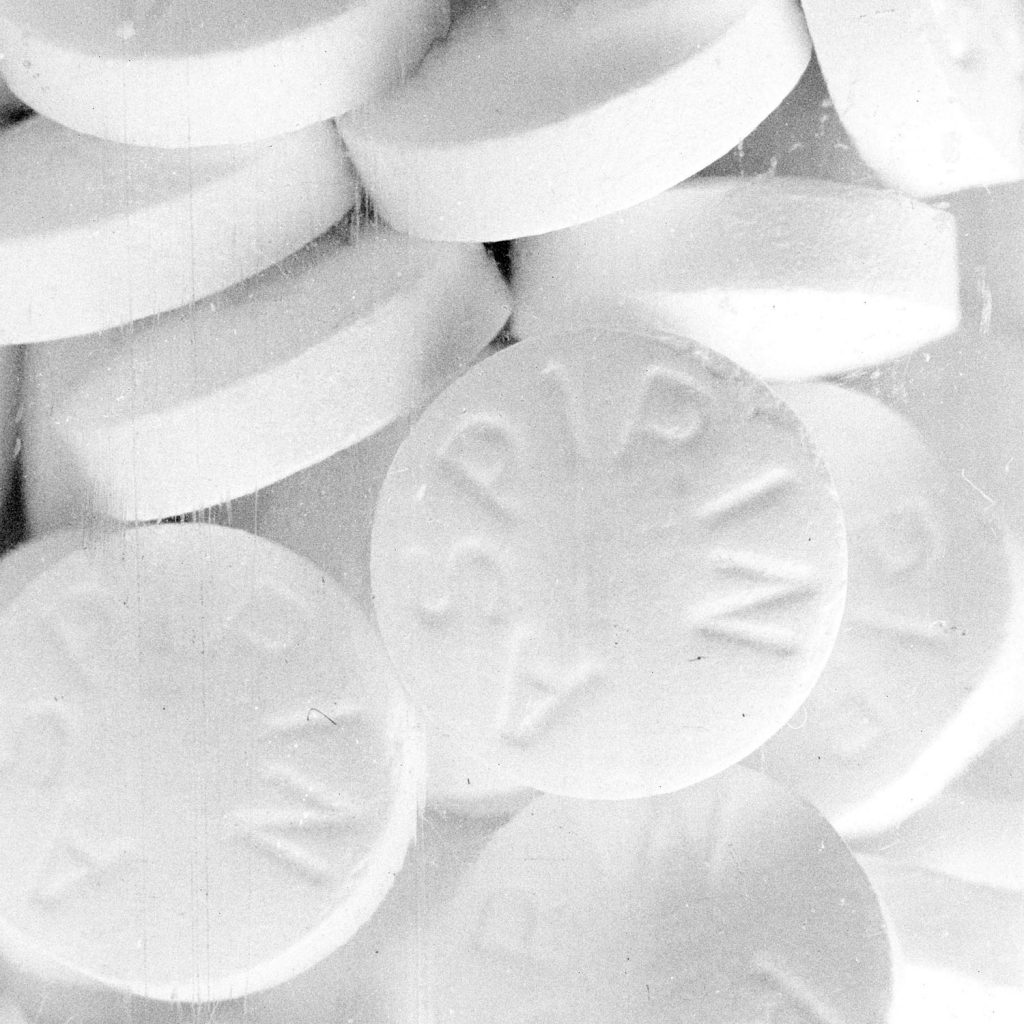Patients with peripheral vascular disease – a condition which results in narrowing of the blood vessels and reduced blood flow to the extremities – are often prescribed aspirin to reduce the risk of a blood clotting. However, a new study conducted by researchers at the University of Florida has found that aspirin therapy may not provide sufficient cardiovascular benefits for patients with peripheral vascular disease.
The researchers reached this conclusion after performing a meta-analysis of 11 clinical trials involving 6,560 patients with peripheral vascular disease taking aspirin. Based on the results of this meta-analysis – which were published in the journal, PLOS One – the research team found that aspirin therapy had no significant impact on the incidence heart attack, stroke, or death due to other cardiac events.
“Among patients with peripheral vascular disease, many of them may not be deriving the benefits from aspirin that they expect to be getting,” said senior study author Dr. Anthony A. Bavry, associate professor in the University of Florida College of Medicine department of medicine, and a cardiologist at the Malcom Randall Veterans Affairs Medical Center in Gainesville.
According to statistics from the Centers for Disease Control and Prevention (CDC), around 8.5 million individuals have been diagnosed with peripheral artery disease in the US, with patients over the age of 50 facing the highest risk. While aspirin can help to reduce the risk of heart attack and stroke by limiting the blood’s ability to form clots, it can also increase the risk of internal bleeding or hemorrhagic stroke in some individuals.
While the incidence of cardiac events and death varied between the aspirin treatment group and control group in the clinical trials studied, none of the differences were found to be statistically significant. For example, after six years of follow-up, 7.7 percent of patients taking aspirin had died, compared to 8.5 percent of control patients.
Just over three percent of peripheral artery disease patients on aspirin therapy experienced a stroke, compared to 4 percent for the group not taking the drug. Similarly, 3.5 percent of patients taking aspirin experienced a heart attack, compared to 5.5 percent of patients in the control group.
The researchers were unable to make a clear connection between aspirin use and bleeding events in their analysis, potentially due to insufficient data. While more trials will need to be conducted in order to determine the effectiveness of aspirin in treating patients with peripheral artery disease, the researchers believe that their study is the most updated analysis of the data performed to-date.
“Larger, randomized trials will be needed to confirm the findings that were revealed in the analysis,” said co-author Dr. Ahmed N. Mahmoud, cardiology fellow in the department of medicine at the University of Florida. “Aspirin might not be a miracle drug for certain patients. We need to reconsider the evidence, and see who benefits from aspirin therapy and who does not.”












Join or login to leave a comment
JOIN LOGIN